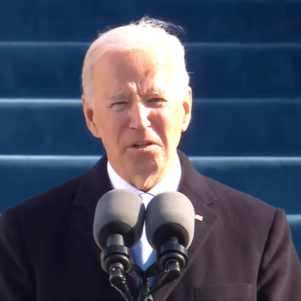Who Killed the Massachusetts Sales Tax Holiday?
By State House News Service | April 25, 2017, 7:31 EDT

By Matt Murphy
STATE HOUSE NEWS SERVICE
BOSTON — Massachusetts House Democrats blocked efforts by GOP lawmakers on Monday, April 24 to establish an annual sales tax holiday in August and a meals tax holiday in March.
State Representative Shaunna O’Connell, a Taunton Republican, filed a budget amendment to establish the third Saturday and third Sunday in August each year as a sales tax holiday, while Representative Geoff Diehl, a Whitman Republican, called for the week of March 22 to be designated annually as a holiday from the state meals tax.
In both cases, the House agreed to Ways and Means Vice Chairman Stephen Kulik’s further amendments to study the issues.
O’Connell, who said she should have been able to predict the outcome when her amendment was numbered 666, said taxpayers, including parents buying back-to-school supplies, deserve the break from the 6.25 percent sales tax as they face rising property taxes and health insurance costs.
“I don’t think it’s too much to ask and not too much of burden on us to relieve the burden on taxpayers,” O’Connell said.
Diehl also said he could not think of a reason why the sales tax holiday, which has become a nearly annual tradition, has never been extended to the meals tax to offer a stimulus to the restaurant industry.
“Why not?” Diehl asked. He said the holiday would not stop municipalities from collecting local option meals taxes.
Democrats did not explain why they wanted to block the amendments, but legislators typically like to defer a decision on whether to have a sales tax holiday until the summer.
“Every time we want to give money back to the taxpayers, we study it. Every time we want to raise taxes or fees or impose new regulations, we vote on it,” Representative James Lyons, of Andover, complained.
The sales tax measure was referred to study on a 115-38 vote, while the meals tax holiday proposal was blocked on a 117-39 vote.
Massachusetts brick-and-mortar retailers, frustrated by the growth in sales tax-free online purchasing, are considering a potential 2018 ballot question reducing the 6.25 percent sales tax, which was increased from 5 percent in 2009.










